November 2011 – January 2014
In June 2012, world leaders gathered in Rio to articulate “The Future We Want.” A vision of how our one planet can provide a decent living for all people.
Nigeria is a country of tremendous riches held by the very few in the midst of grinding mass poverty. Today, a majority of Nigerians struggle to feed themselves. It is also a country where a growing middle class is waiting to join the world’s consumers. The thought that buying microwave ovens or flying airplanes can cast a shadow of greenhouse gas emissions onto the lives of others might not even have occurred to many of them. Nigerians are desperate for progress and development, and rightfully so.
At the beginning of 2012, the Occupy Nigeria movement turned a strike against fuel price hikes into a general declaration of distrust against a ruling elite that is feeding on the spoils of one of the world’s largest oil industries with little transparency or distribution of wealth. There was no green dimension to the Occupy debate and people were not concerned about CO2 emissions from fuel use. They rather worried about the rising cost of living as a result of the removal of the fuel subsidy.
This project is meant to contribute to a continuous debate within Nigeria and beyond. It is meant to inspire. This report is for government officials, bloggers, market women, farmers, experts and interested youth, for entrepreneurs and bankers. Because some of these people do not come to the usual workshops, this project will translated its expert report into multi-media presentations with which activists will travel up and down the country. From the latter half of 2012 they will enter into discussions with and draw ideas and inspiration from those who matter most: the people of Nigeria.
See also: https://ng.boell.org/index.php/en/sustainable-nigeria
Author: Hans Verolme
Hans Verolme is the founder of the Climate Advisers Network and has extensive analytical and advisory experience in Africa, South America and Asia and is widely recognized as an expert across the entire spectrum of low carbon transitions. With over 20 years of international negotiations experience, he has been a valued adviser to governments, foundations and civil society. Prior to setting up the Climate Advisers Network, he advised the British ambassador in Washington, DC, and served as Global and US Climate Change Director of the World Wide Fund for Nature (WWF). All politics is local, climate politics is global. Hans has worked in, amongst others, Barbados, Bhutan, Brazil, China, Costa Rica, Ethiopia, European Union, Georgia, Germany, India, Indonesia, Japan, Kenya, Myanmar, The Netherlands, Nigeria, Poland, Russia, South Africa, Suriname, Tanzania, Uganda, United Kingdom, United States.
